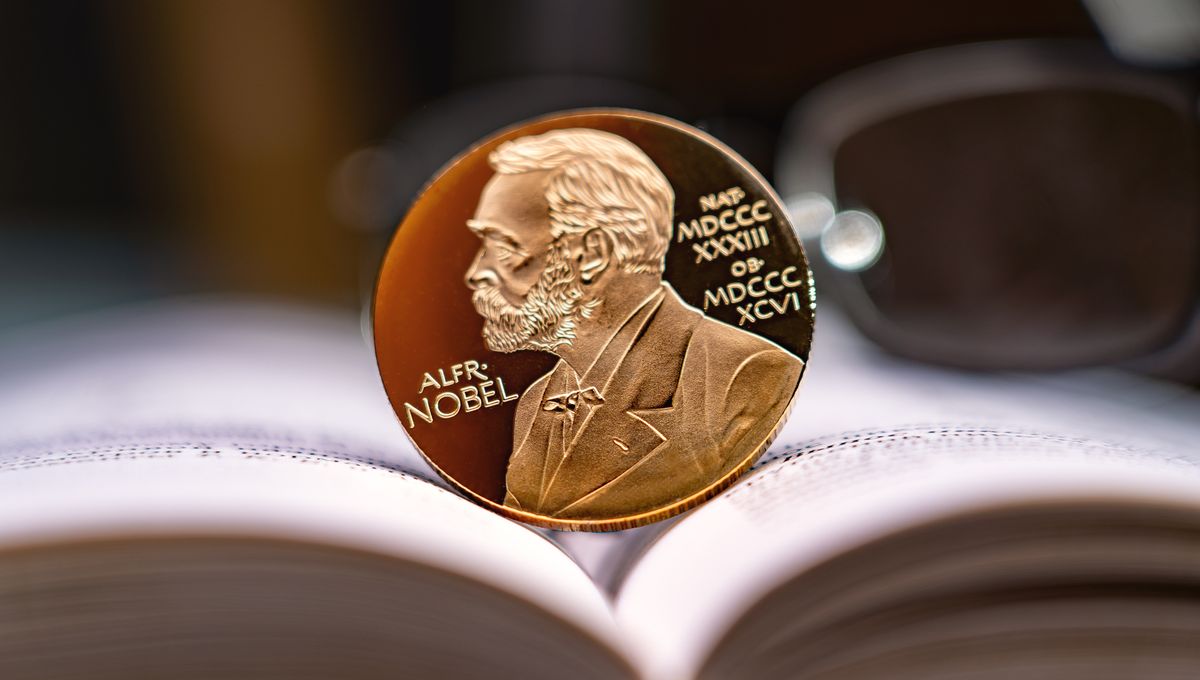
October is Nobel Prize season, an annual period when scientists in the fields of physics, chemistry, and medicine eagerly await to see who will win a giant gold coin in Stockholm later that year. Even economists get their turn in the spotlight in these. But mathematicians, much to their dismay, are left out in the cold.
There is, and never has been, a Nobel Prize for mathematics. And no, despite the urban legend, Alfred Nobel didn’t spitefully snub the field because his love interest, an Austrian woman called Sofie Hess, had an affair with the famed mathematician Gösta Mittag-Leffler. The real reason is far less sensational, though perhaps more telling about Nobel himself.
Alfred Nobel (1833 – 1896) was a Swedish chemist, inventor, and industrialist driven by an idealistic belief that discovery could progress the world towards a better future. Somewhat ironically, his most famous invention, after the Nobel Awards, was the explosive agent dynamite.
Upon his death, Nobel’s will expressed his desire to have an award set up that recognizes those who have “conferred the greatest benefit to humankind.” It read: “The prizes for physics and chemistry are to be awarded by the Swedish Academy of Sciences; that for physiological or medical achievements by the Karolinska Institute in Stockholm; that for literature by the Academy in Stockholm; and that for champions of peace by a committee of five persons to be selected by the Norwegian Storting.”
Mathematics simply wasn’t mentioned. A prize for economics was later added by the Central Bank of Sweden in 1969, but maths has never won inclusion as a category in its own right.
The most common explanation for why is that Nobel was a man of applied science, a practical thinker fascinated by inventions, engineering, and technologies that could change the material world. To him, perhaps mathematics seemed too abstract, too theoretical, and too detached from real benefit.
Even today, the science prizes tend to favor experimental breakthroughs and tangible discoveries over purely theoretical work. For instance, physics is deeply ingrained in theory and equations, but recent awards have been given to scientists involved in quantum tunneling in superconducting circuits and advances in machine learning, both of which are loosely extensions of electrical engineering.
Another common explanation is that mathematicians were already highly celebrated in Sweden, thanks in large part to Gösta Mittag-Leffler and his influence within high society, including King Oscar II, who awarded prizes and honors to mathematicians across Europe.
It isn’t only mathematicians who are curiously absent from the Nobel Prizes. Fields like engineering, biology, and environmental science are also conspicuously missing.
That said, these sciences sometimes find a way in through a side door. The Nobel Prize in Physiology or Medicine is often given to discoveries related to “biology”, from the structure of DNA to breakthroughs in genetics and immunology. Likewise, engineering achievements occasionally slip under the banner of physics or chemistry, such as innovations in semiconductors, materials science, or laser technology that have transformed modern life.
But don’t feel too sorry for the mathematicians. They might not have a Nobel Prize for themselves, but they’ve got the Fields Medal, the Abel Prize, and the quiet satisfaction of knowing that every Nobel-winning discovery stands on the shoulders of their equations.
Source Link: Why Is There No Nobel Prize For Mathematics?